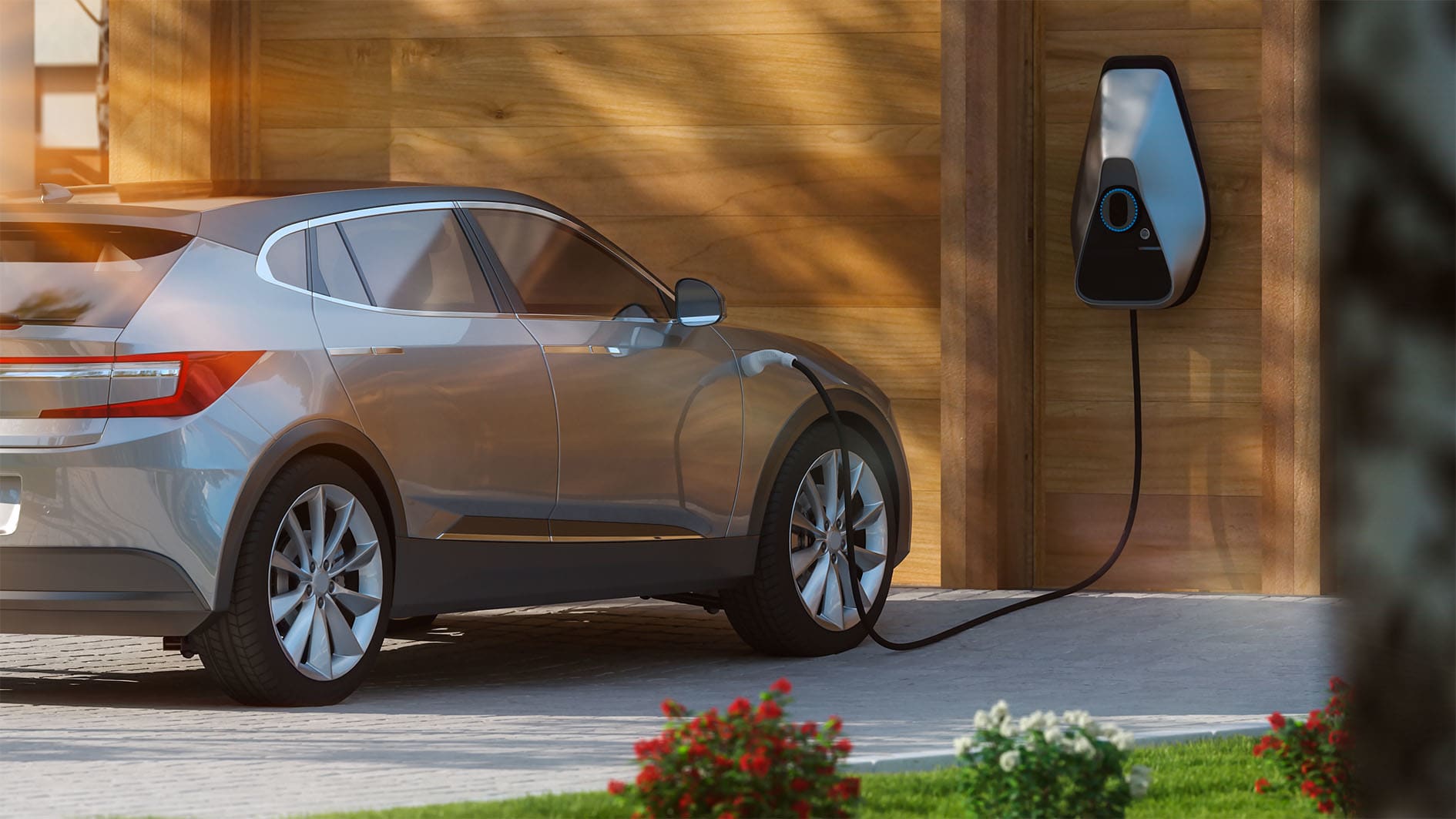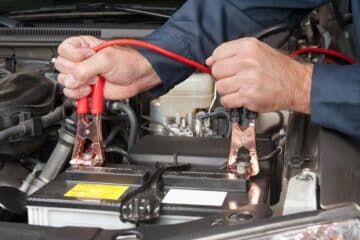If you are planning an electric car in the future and are concerned about its charging, we will tell you some important things about car charging points and how long it takes to fully charge the car.
First of all, it is advisable to fully charge your electric vehicle (EV) before you leave home, especially if the trip you are taking is close to the EV range. For longer trips, you need to plan where you can recharge.
How much does it cost to charge an electric car?
Like gasoline cars, some plug-in electric vehicles are more efficient than others, and the average EV requires 30 kWh of power to power the vehicle 100 miles. For example, The Environmental Protection Agency rating for the 2018 Model Nissan Leaf is exactly 30 kWh per 100 miles. The Tesla Model X 75D is rated at 36 kWh per 100 miles and uses more power because it is bigger, heavier, and more powerful than the LEAF. Hyundai Ionic is currently the most efficient electric plug-in car and has a utility rating of only 25 kW per 100 miles. For a list of current electric vehicles with side-by-side comparisons for all-electric cars, visit the US Department of Energy website: www.fueleconomy.gov
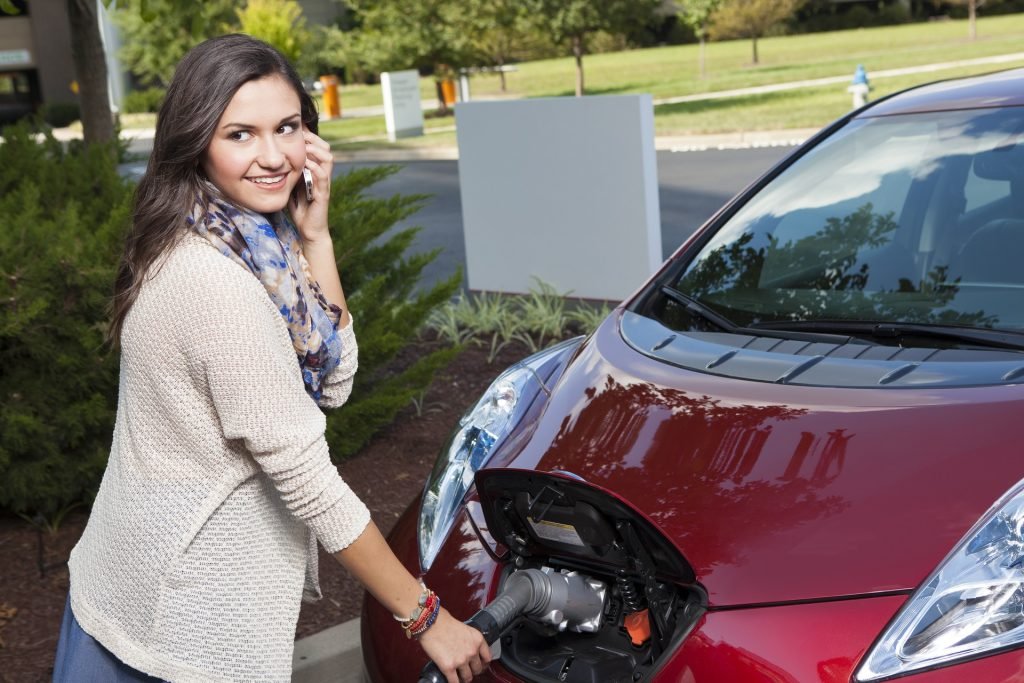
U.S. The cost of electricity varies greatly, but the cost is more stable over time. Currently, electricity rates are the highest in Hawaii, 32 cents per kilowatt, and the lowest in the state of Washington, where it costs only 9.65 cents per kilowatt. Unlike gasoline prices, if the refinery has a problem, electricity rates will not increase significantly, and the price will be high when there is political instability in large oil producing countries. All of the electricity we use in the US is produced domestically, and that is a large part of why the cost is constant.
Overall, the U.S. The average cost of electricity in the country is 12 cents per kilowatt. Therefore, the average person who runs 12,000 miles per year pays 2 432.00 per year. As mentioned, the cost of electricity varies greatly depending on where you live, but to be equal to the cost of the average gasoline car’s fuel costs, the electricity cost must be 3 times the current national average. It’s a simple fact, the cost of electric cars per mile is significantly lower than a gasoline or diesel car.
Also Read: Texas Department of Criminal Justice First Muslim Chaplain passes away from COVID-19
How much time does it take to charge an electric car?
Now that you know that the cost of electric cars to refuel and maintain is much lower than gas cars, solve the question “How long should an electric car be charged?” A quick look at online forums and EV discussion boards show “How long does it take Nissan Leaf to charge” or “How long does it take Tesla to charge?” You will find yourself asking such questions. Different plug-in vehicles take different time to charge, depending on three factors:
- Car battery size
- The power output of the charging source (i.e. how strong the charging station is)
- The car has the ability to accept the charge rate
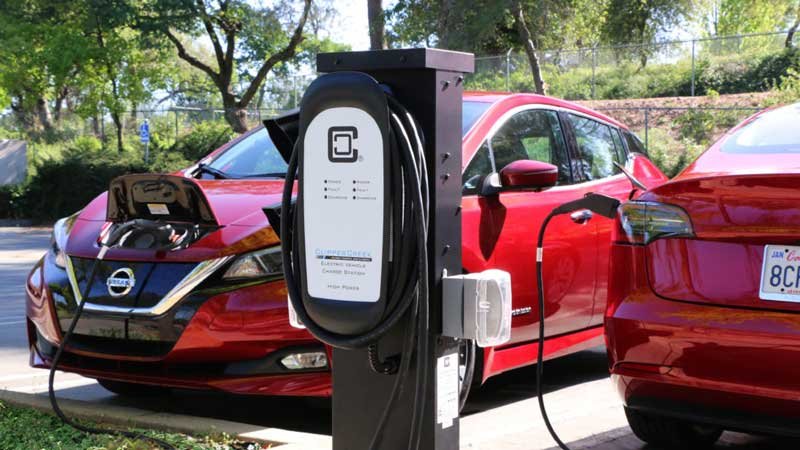
Without knowing these three factors, the question cannot be answered accurately. So, unfortunately, we cannot answer the question of how long to charge an electric vehicle without knowing the specific information about your EV car and your power source. The best place to get that information is to refer to the manufacturer’s website.
The charger type gives you an estimate of the typical EV charging time.
- level 1 120-volt charging provides a range of 3-5 miles per hour.
- Level 2, 240-volt charging adds 15 to 40 miles range per hour.
- Level 3 – 120-150 miles per hour, but requires significant installation requirements.
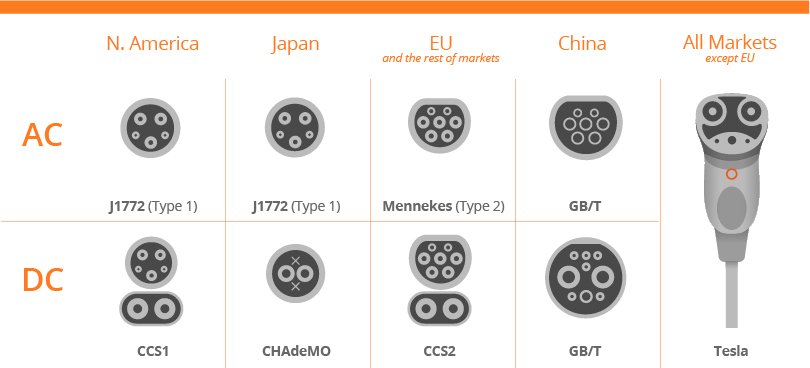
The slower rate of Level 1 charging means that owners will usually have to charge their vehicles overnight because fast charging is not an option. Level 2 chargers are considered the sweet spot when it comes to EV chargers because they are easy to install and have great power output. If you’re shopping for a Level 2 home charging station, make sure you don’t make the mistake of getting a low-powered unit, as your EV can take a long time to charge. Level 3 chargers, also called DC fast chargers, have the highest power output (range of 120-150 miles per hour), but unfortunately, most home electrical systems are unable to handle electrical stress. Level 3 chargers require a complicated installation process and for this reason, we do not recommend DC charging. Not sure what level you have? See our post on different EV charging levels.
It is advisable to get a charging station that can deliver at least 32-amps. Even if you don’t accept your current EV 40-amps, the 40-amp unit will prove your investment in the future and may be the best solution.
Electric Car Charging Station Installation Cost
The national average for installing a standard electric car charging station is between $ 438 and 4 994, with an average price of 16 716. The price of the station’s alone ranges from $ 400 to $ 2,000, depending on whether you choose Level 1 or Level 2. Hardwiring a Level 2 for plug-in types or installing a circuit adds another $ 500 to $ 1,500. The Electric Vehicle Charging Station, a type of Electric Vehicle Supply Equipment (EVSE), comes in both portable plug-in styles and direct wire units.
They are also available at three levels. The first provides a cord that plugs into a 120-volt standard 20-amp circuit and usually comes with your car. The latter requires 240-volt on a 40-amp to the 100-amp circuit but reduces the charging time by almost half. You won’t find many Level 3 stations that charge 3 times faster than Level 2 in most homes. Tesla vehicles use Level 3 and can charge in an hour.
Top Brands and Costs of Electric Chargers
There are many different types of home stations available on the market. Individual utility models are usually between 110 and 240 volts, and you may need to hire an electrician to install. Many products can be installed in garages or even outdoors and some come with additional features such as Wi-Fi connectivity or connection to systems such as Amazon Echo. Juicebox Pro 40, Turbocard and ClipperCreek are some of the most popular models for sale.
Juicebox Pro 40
Juicebox Pro 40 standard devices cost between $ 500 and $ 900. The product is designed for quick use and serves as a 40 amp, 10kw EV charging station. People who use this home appliance must install the 14-50R outlet, although it can also be purchased with adapters that work in regular outlets. People interested in this product should consult a professional to make sure their electrical systems can handle the required amperage. Juicebox Pro 40 works with almost all standard electric cars, but not with Tesla models.
Websto Turbocard
It is the official home charging cord and station for many of the industry’s largest models and manufacturers. It requires a 240-volt system and can be purchased for $ 300 to $ 400. The Turbocard remains a rigidly tested model and has made home charging stations for over 20 years. This brand is UL-listed, does not require garage mounting or remodeling, and can be used with a regular outlet if people use a 120V adapter, which means electrician costs less.
ClipperCreek
The ClipperCreek Series offers Level 2 chargers from 16 to 40 amps for Level 300 to 3,300 for portable plug-in and direct wire installations. They all need a 240 V connection. The Clipper Creek follows strict safety standards and can be used for most electric cars and models.

